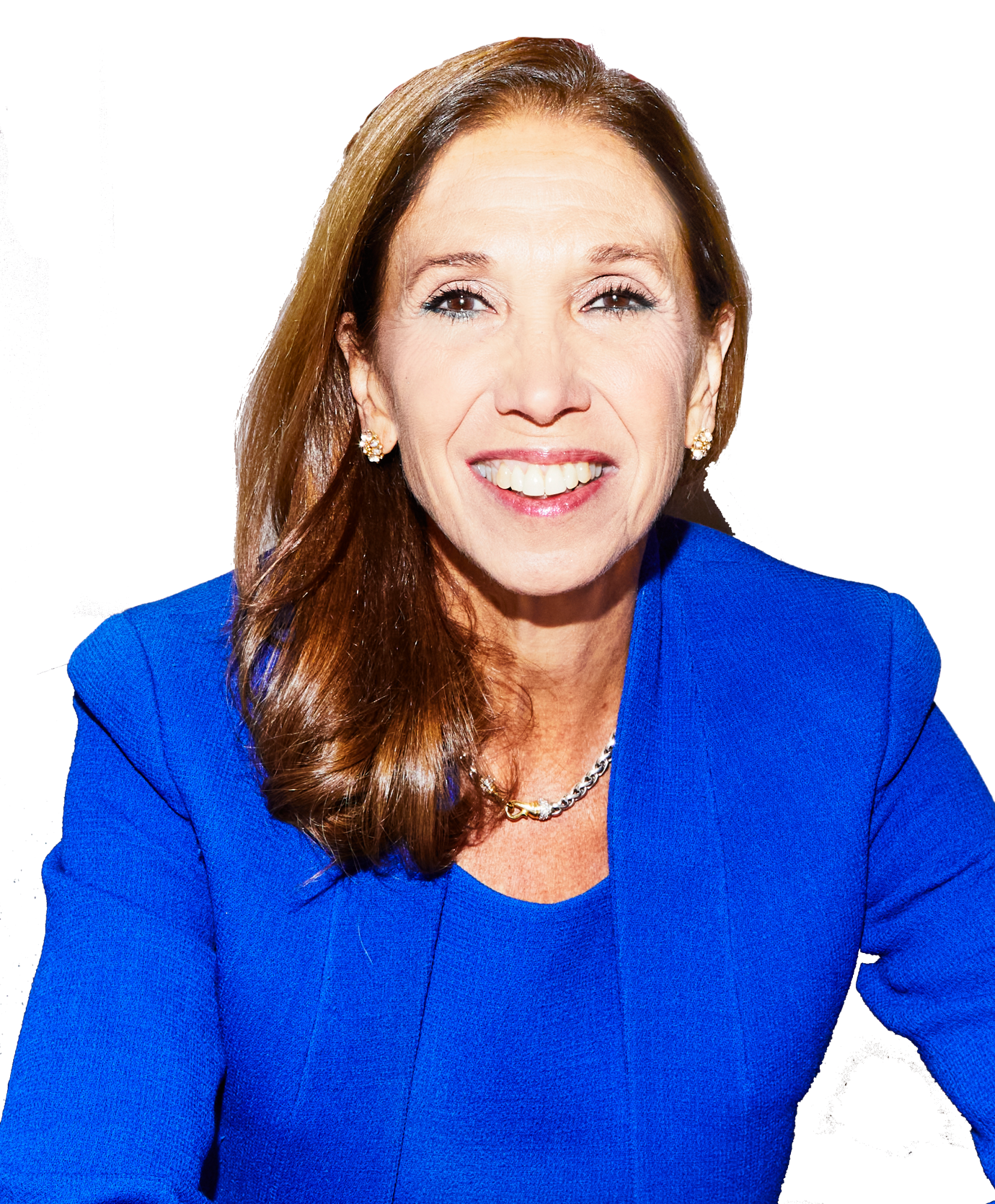Assembly Passes Paulin Emergency Contraception Bill
Assemblywoman Amy Paulin is proud to announce that today the New York State Assembly passed the Unintended Pregnancy Prevention Act (A.9906) which she authored. This bill allows women to obtain emergency contraception directly from pharmacists.
"By increasing access to emergency contraception, this important legislation has the potential to reduce the number of abortions by at least one half in New York State," said Assemblywoman Amy Paulin. "It is critical that all women have easy access to this highly effective and safe method of pregnancy prevention which has prevented several thousand abortions in states where EC has been made more easily available." According to the New York State Department of Health (NYSDOH) there were 120,349 induced abortions in 2002. Of these, 9155 were girls seventeen and under. "Unintended pregnancies can have significant psychological, physical and financial consequences, especially on younger women and adolescents. We have an opportunity to help these women make the best possible choice for themselves and their future," she added.
The "Unintended Pregnancy Prevention Act" would make emergency contraception more accessible in New York State. It would allow physicians, nurse practitioners, licensed midwives and physicians assistants, all working within their scope of practice, to choose to prescribe and order a non-patient specific regimen to a licensed pharmacist or registered nurse to dispense emergency contraception.
This legislation is not a mandate. Only those who choose to prescribe or dispense EC would do so. This legislation also includes a requirement that a fact sheet, approved by the State Department of Education, be given to women who receive emergency contraception with information on health risks of having unprotected intercourse and referral information on domestic violence and sexual assault. This legislation does not create "over the counter" access, as is the case for aspirin or diet pills, but rather much more limited "behind the counter" access. The bill also adds a specific training component for licensed pharmacists.
"By refusing to heed the recommendations of its own health experts to make EC available over the counter, the Food and Drug Administration has chosen to disregard science instead of promoting the health of women and families," said Susan Wood who resigned as FDA’s director of Women’s Health in August in protest of the agency’s decision to further delay approving over-the-counter sales of Plan B. "New York Women can no longer wait for the FDA to act properly. The legislature and Assembly member Amy Paulin must be congratulated on their leadership."
"Emergency contraception is an extraordinarily simple, safe, and effective back-up method of contraception," said Jay Lupin, MD, FACOG, Director Emeritus of Obstetrics and Gynecology at White Plains Hospital Center and Fellow of the American College of Obstetricians and Gynecologists. "The term ‘emergency contraception’ refers to hormones in the form of pills that are taken orally to prevent pregnancy after a woman has had unprotected sexual intercourse. This includes when regular methods of birth control fail and in cases of sexual assault. EC pills are simply a higher concentration of the same hormones found in traditional birth control pills. They are safe, and there are no known serious side effects associated with the use of EC," he further stated. Plan B brand of EC does not contain estrogen, it does not disturb an already established pregnancy and it does not adversely affect a developing fetus should it be taken after implantation.
"The Westchester County Sexual Assault Nurse Examiner Program (SANE) strongly supports this legislation," said Laura Pennimpede, SANE Coordinator, Victims Assistance Services. Estimates show that 24,280 women were sexually assaulted in New York State during 2002. "Sexual assault is about power and control. It’s about a woman being overpowered by another human being. This legislation is about empowering the victim – it’s about giving her back control over her situation." Only approximately 25% of sexual assault victims seek treatment in a hospital after a rape. "Having EC available in pharmacies is another option for victims. It will prevent unwanted pregnancies for the many women who choose not to go to a hospital following a rape."
Victims of both domestic violence and or incest who are sexually assaulted are often prevented by their abusers from using any regular method of birth control. By making EC more accessible, sexual assault victims would be able to prevent pregnancies that create further entanglement with their abusers, and it would allow these women to take their reproductive health into their own hands, which is where it should be. "It is hard
to imagine a trauma worse for any victim of sexual abuse than not being able to access quick, effective and private contraception so that she does not have to endure a forced pregnancy," stated Karen Cheeks-Lomax, Esq., Executive Director of My Sisters’ Place.
This legislation is supported by the state chapters of ACOG, AAP, the NYS Nurses Association, the NYS Association of Licensed Midwives, the Pharmacists Society of the State of New York, the NYS Council of Health-System Pharmacists, the NYS Association of County Health Officials, the NYS Coalition Against Sexual Assault, the NYS Coalition Against Domestic Violence, over thirty different organizations. Every one of these organizations sees the benefit in lowering the number of abortions by having a safe method for preventing unintended pregnancies available when needed.
